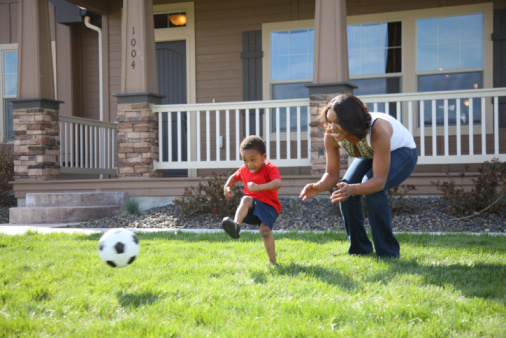
The start of a new year comes with many changes. If one of those was moving your child to a new school they’re probably still adjusting to the change. As we enter into the second half of the school year’s first term, it’s a great time to gauge how they’re coping with their new environment. Some children need more help than other to integrate.
Motivational speaker and former teacher Godfrey Madanhire shares 5 steps you can take to help your child along.
Keep to the routine
If your child is struggling with change with their school life, your home environment should stay the same. Change is as unsettling for children as it is for adults. Keep your home’s schedule to the usual routine whether it may be the household chores, weekly sporting activities, TV and internet surfing time, or eating and dinning rituals. This is the time where you should be creating an environment where they are comfortable to express themselves and break out of their shell. The basis of feeling comfortable with their home surroundings is critical for their development outside the home in their new environment.
Encourage them to have friends over
The best way for your child to make friends is to interact with their new peers in a comfortable environment. Home is their safe zone so encourage your child to invite their new friends over. Don’t be too overbearing and hang around in the background. Let them build their own relationship. But stray far away from allowing them to throw a massive party. One-on-one or a group of three or four is the best route to go. Encourage your child to have group school projects done at the house. When your child starts to make friends on their own turf they’ll start making new friends at school.
Talk to them about their day
The usual response you’ll receive when asking your children about their day is, “It was alright”. Ask your questions in a more specific way, which is easier to do when you know what they’re busy with. Ask them to tell you about their teachers. Ask them about the characters in the class. Ask them whether they got their English essay marks back and then ask them how they feel about the mark they got. Was it fair? Asking simple, generic questions will get you nowhere.
You need to know your child, what interests him or her, what usually worries them, so that you can start conversations that don’t end in a cul-de-sac.
Create more time to be with them
Building a solid foundation for your relationship with your child is important. This foundation will help create a secure environment for your relationship to flourish. Become their main pillar of support at all times, and they will return to you for support, understanding and even guidance when the going gets tough. Confident children, with secure, safe attachments to their primary caregivers are better able to engage with people in new environments and will help them to make friends faster.
Allow them to immerse themselves in pop culture
Don’t let your children rot away their brains too much, but allow them to search for cool videos on the internet in moderation. Being able to relate to their peers is key in building friendships and with the internet available to all, and sharable content, this is age of the viral video. Allowing your children to be up-to-date on these will be key if they want to engage and share stories with their new peers on the playground. On the plus side you’ll be able to learn and see something new as well.





